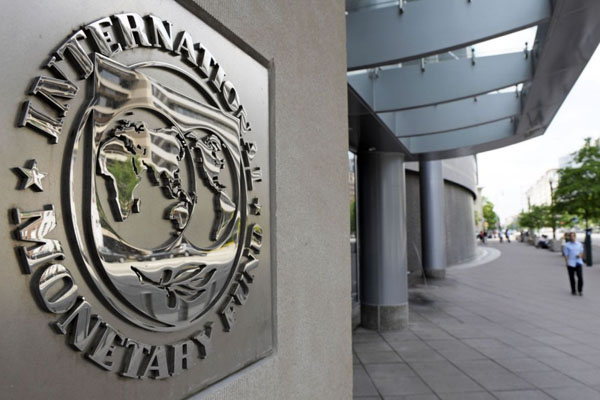After discussions between the Iraqi authorities and Carlo Sdralevich who led The International Monetary Fund (IMF) mission about financial assistance to Iraq under the Rapid Financing Instrument (RFI), they reached agreement of granting Iraq IMF emergency assistance of SDR 594.2 million (approximately $833 million) under the RFI. The grant is expected to be submitted to the IMF Executive Board for consideration in July 2015, according to Sdralevich statement that was published in a press release by IMF.
“The Fund is ready to assist Iraq in its efforts to tackle the economic impact of the conflict with ISIS and the decline in global oil prices. The armed conflict continues to strain the country’s resources and has created a humanitarian tragedy, with an estimated 3 million internally displaced people. The violence has also caused extensive damage to infrastructure and private sector assets,” said Sdralevich in a statement at the end of the visit, which took place in Amman from May 27 to June 4.
He added that violence contracted the economy by 2.1 percent in 2014 and despite the solid growth in oil sector; it is expected to achieve recovery of only 0.5 percent in 2015. “With low oil prices, export revenues have contracted, pushing the current account into a deficit expected to reach 8 percent of GDP in 2015. As a result, foreign assets have declined in 2014 to US$67 billion and are projected to fall further this year,” he adds.
“Under the pressure of high conflict-related spending and weak oil revenues, the budget deficit is projected to rise from 5 percent of GDP last year to about 17 percent of GDP in 2015, despite the non-oil tax measures envisaged in the 2015 budget and strict control of expenditures, including through the prioritization of investment projects,” Sdralevich adds in the statement.


